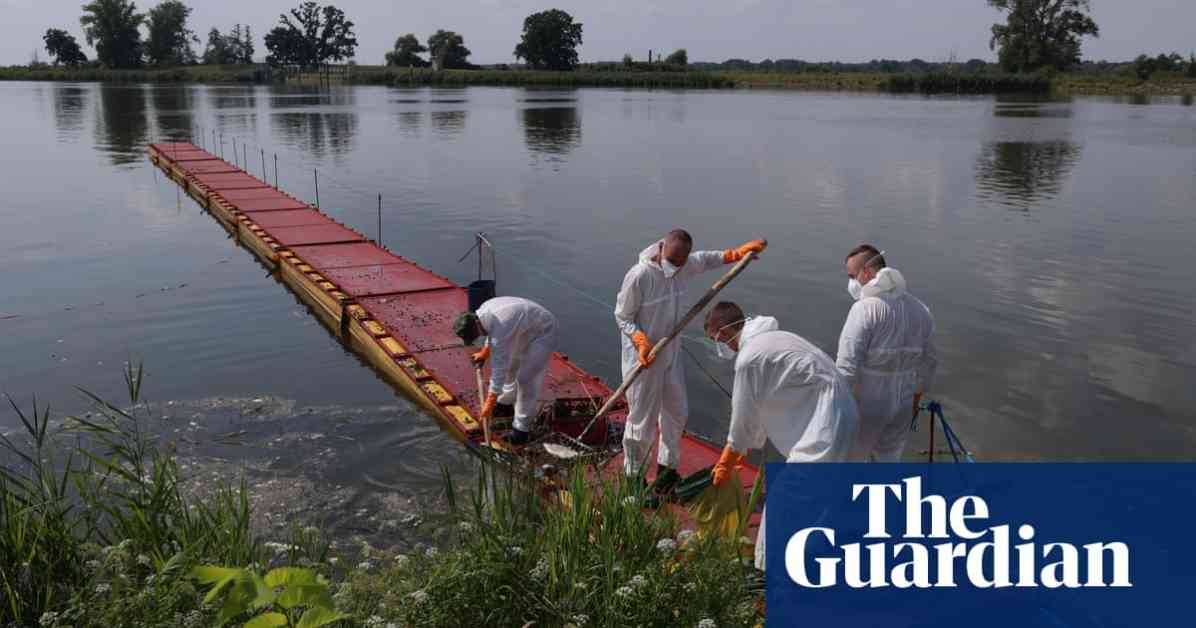Only about one-third of Europe’s surface water is in good health or better, a report has found, despite an EU target first set for 2015 to bring all bodies of water up to good quality. The European Environment Agency (EEA) compiled data from 19 member countries and revealed that only 37% of Europe’s surface waters qualified as having at least a good ecological status, with 29% meeting good chemical standards in 2021. Unfortunately, the original deadline for the EU target has been extended to 2027, but data suggests that this goal is unlikely to be achieved.
Leena Ylä-Mononen, the EEA’s executive director, expressed concerns about the poor health of Europe’s waters and highlighted the unprecedented challenges threatening Europe’s water security. The report identified farms as having the most significant impact on Europe’s surface water and groundwater due to excessive water extraction and pollutant discharge. Additionally, coal-fired power plants were identified as sources of toxic pollutants that harm water quality.
Specific regions such as Germany and the Netherlands were flagged for having a high percentage of water bodies in poor health. The report also highlighted the distressing die-off of fish in the Oder River in 2022, mainly attributed to pollution from salt mines and urban wastewater nutrients. Despite the EU’s efforts to improve water quality over the past 25 years, progress has been limited, with little overall improvement observed over the last decade.
Groundwater quality was reported to be better than surface water, with 91% achieving a good quantitative status and 77% a good chemical status. However, improvements in groundwater quality have been minimal since 2015, with just a one percentage point increase in both metrics. The EEA suggested solutions to the poor state of Europe’s water included reducing demand, minimizing harmful substance release, and restoring rivers and wetlands.
Experts emphasized that having a healthy aquatic ecosystem is crucial for mitigating the impacts of climate change. Extreme weather events like the recent floods in central Europe further underscore the urgent need for action to improve water quality. The EEA attributed the lack of progress in surface water chemical status to long-lasting pollutants like mercury and brominated flame retardants.
Prof Dietrich Borchardt, a water scientist from the Helmholtz Centre for Environmental Research, urged for a more detailed analysis of the factors contributing to the lack of improvement in Europe’s water quality over the past two decades. He emphasized the importance of considering climate projections in future assessments to drive substantial improvements.
Water Europe, a lobby group, called for €255 billion in water investments by 2030 to safeguard Europe’s economy and ensure environmental sustainability. The group warned that water scarcity, affecting one in three Europeans, posed a threat to key industries such as semiconductor production, data centers, renewable hydrogen, and electric vehicle batteries. This highlights the urgent need for coordinated efforts to address water quality issues and secure a sustainable future for Europe.












